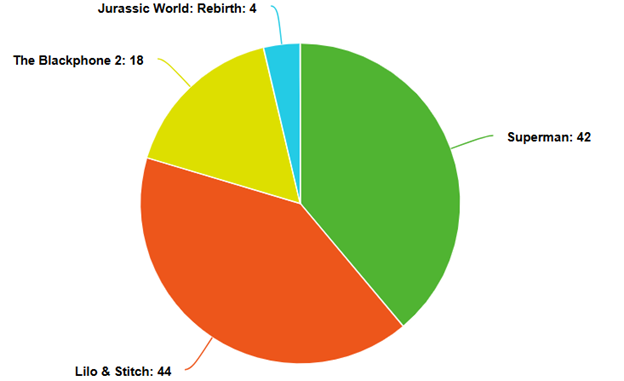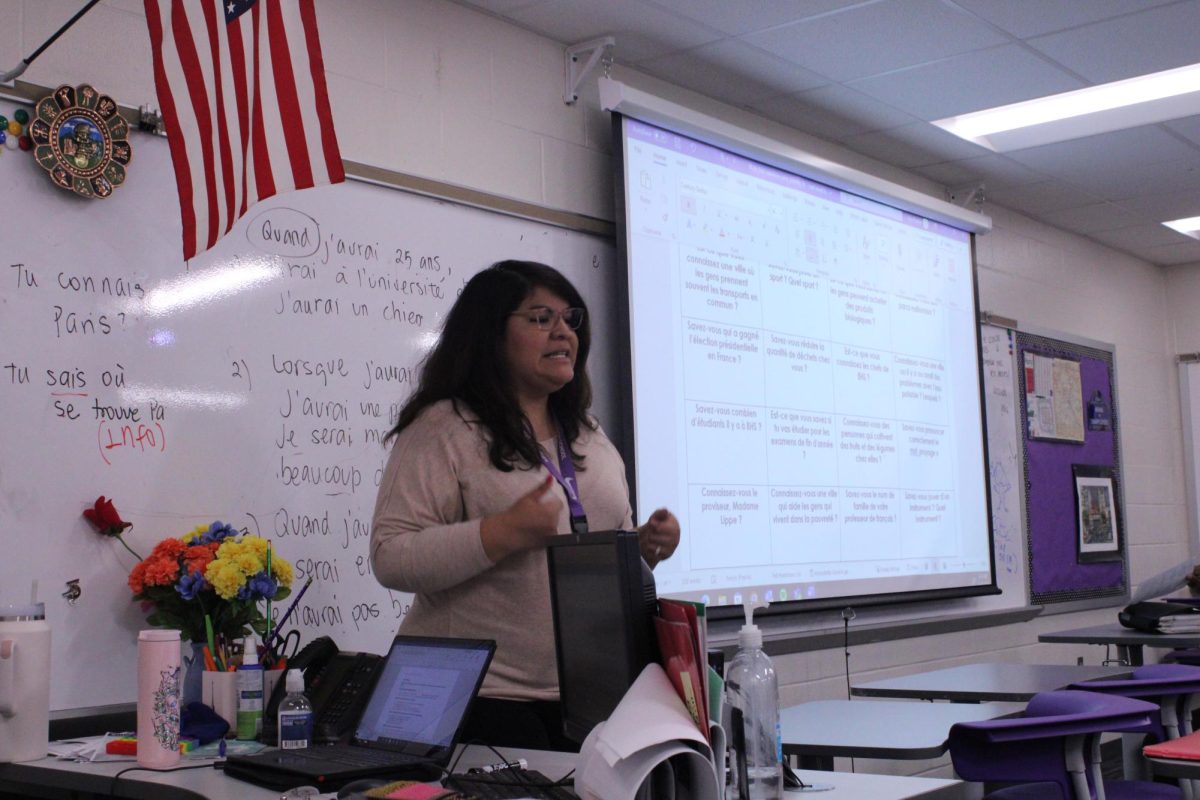What are the SAT and ACT? And why should I take them?

May 10, 2022
Standardized testing is the bane of every student’s existence. From ISTEP to ILEARN, finals and AP testing, it can feel like there is a never ending flood of placement and assessment tests that don’t really do much else than threaten your sanity. So when your teacher mentioned the ACT and SAT, you more than likely asked the questions “What on earth are those, and do I really need to take them?” Today’s mission is to answer those questions, as well as whether taking the ACT or SAT is for you. So let’s dive right in!
The SAT often acts as a sort of entrance exam for colleges. While this tests’ necessity has deteriorated over time, with more and more colleges no longer requiring the scores, it can still be a useful tool when applying to colleges. According to the Princeton Review, the purpose of the SAT “is to measure a high school student’s readiness for college, and provide colleges with one common data point that can be used to compare all applicants.” The test contains an English reading and writing section as well as a math portion. It takes a total of three hours and costs $55 to take. Depending on how well you score, universities can become more likely to give you better scholarships or offer the honors college route. If you’re interested in taking the SAT you can sign up for one through college board.
5 Helpful tips for taking the SAT:
~As the majority of this test is multiple choice, there is only one correct answer. For this reason, one of your biggest tools is the process of elimination to narrow down the possible right answer.
~On this exam, you won’t lose points for selecting the wrong answer. SO if you find yourself running out of time, go back and make your best guess on any unanswered questions.
~There are multiple sources that allow you to practice for this exam including the PSAT that BHS requires sophomores and juniors to take. But if you didn’t take this test, no need to worry. You can prepare using College Board, Sparknotes, The Princeton Review, McGraw Hill, Khan Academy and more! I definitely recommend taking one of these prep tests so you don’t find yourself unnecessarily stressed out on exam day.
~The essay portion of the SAT takes a total of 50 minutes. So if you find yourself worried about the time constraints here, there are plenty of old prompts available for free that you can look at and practice with, as tedious as that may seem.
~Finally, pay attention to the instructions. This goes for the writing, reading and math sections. Given the time limit, this doesn’t mean don’t skim through, but more so that you should annotate the questions.
In comparison, ACT.org defines their exam as such: “The standards are empirically derived descriptions of the essential skills and knowledge students need to become ready for college and career, giving clear meaning to test scores and serving as a link between what students have learned and what they are ready to learn next.” Translation: the test provides schools with a path to guide students towards success after high school. The ACT contains an English, math, reading, science and an optional writing portion with the test taking up a total of 2 hours and 55 minutes. The essay, while optional, may be required by some colleges, so before you take this exam, check out what the colleges you’re interested in are asking for. If you’re interested in taking the ACT, you can sign up for it through act.org.
5 Helpful tips for taking the ACT:
~You can use the official ACT prep test to work on your time management in preparation for the test. The ACT is a much faster exam than the SAT, in that you’ll have less time to spend on the questions.
~Try to memorize your math formulas! According to Amy Seeley, owner of Seeley Test Pros, “about 40% of math questions will rely on them and your math teacher probably never made you memorize them.” So you should go over these formulas before the night of the exam.
~Same as the SAT, on the ACT you won’t lose points for an incorrect answer, so when you get to the end of the section of time allotted, go back and make an educated guess. “If you have no idea how to answer a question or you do not have time, always pick the same spot on your answer sheet,” said Seeley. “We suggest the first column, which is answer A or F — it generates the most correct guesses!”
~In the science portion of the exam, it’s beneficial to leave the conflicting viewpoints for last. This question poses a couple passages on different viewpoints on a scientific issue, and you are asked to answer questions about them. This section tends to be the most time consuming, so don’t worry about it until you feel secure in the rest of the portion.
~Lastly, pay attention to the diagrams and visuals provided. If you’re struggling with a question, the answer will always lie in the image.
So, the ACT and SAT are two exams that you can take during high school that both give students lots of benefits. The SAT serves mainly to give students a leg up on college offers and scholarships. And the ACT, while it can also do that, serves mainly to give schools and guidance counselors an idea of how to best help a student succeed. But it’s important to remember that neither of these tests are entirely necessary. So don’t stress too much! You can also take these tests an unlimited number of times to continue to improve your score. At the end of the day, whether or not you take these exams is up to you. But we highly recommend it!




























